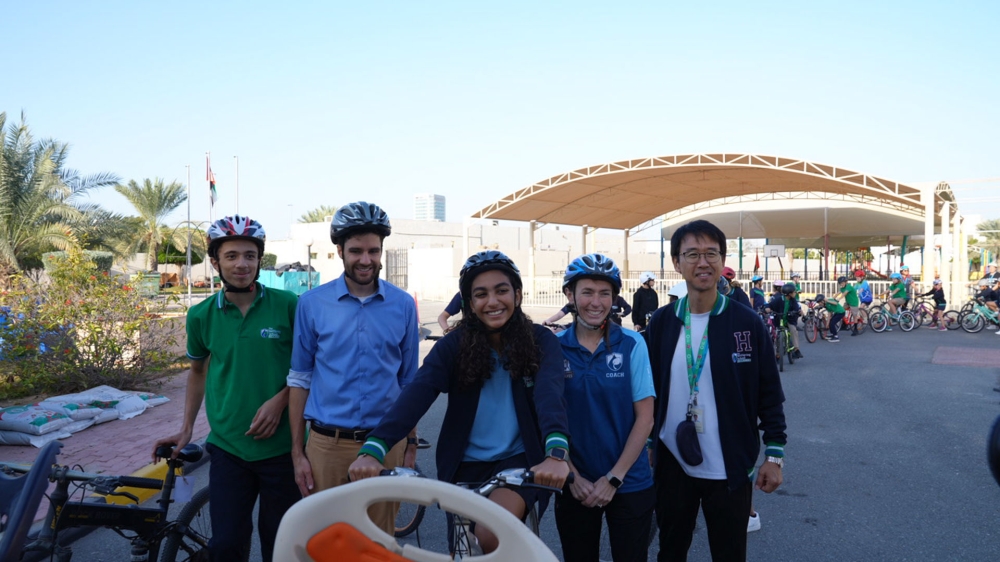According to the World Health Organisation (WHO), many developing countries, including Rwanda, still have a very low density of physicians, nurses and midwives for every 1,000 people.

According to the World Health Organisation (WHO), many developing countries, including Rwanda, still have a very low density of physicians, nurses and midwives for every 1,000 people.
In Rwanda, it is still as low as 0.48, according to WHO. How many more years would it take before we can reach the WHO recommended one doctor per 1,000 people?
That is a difficult question to answer, but with the growing use of ICT in the country, this gap can easily be bridged. As we wait for more doctors to be trained, we should embrace technology because it can mitigate our pain. With technology, one health specialist can serve a million people without anyone having to move an inch.
Imagine a world where you didn’t have to queue to see a specialist; where you just walk into the hospital, ask a question and leave without having to change your schedule for the day!
Imagine a world where a dietician watches what you eat and advises you on what to eat and not eat every morning. Now stop imagining because the solution is already up and running.
One of the members of kLab has developed a mobile application ‘Short-code SMS in combination with a shot-code USSD’ that sends daily short messages concerning the composition of a balanced diet to be eaten by people, especially those with health problems, to enable them stay healthy, strong and acquire vital nutrients for the well functioning of the body.
The most interesting thing about this application is that it is personalised to an individual’s needs. When subscribing, a client provides information such as name, age, gender, blood group, weight, height, the disease, medication, allergies and other information. Then a team of dieticians sends daily SMS by taking into consideration personal data.
Pharmacists also explain the dosage, drug and food interaction as well as side effects of medicine according to the choice of the clients. For example, during the launch of the applications, specialists talked about chlorpheniramine maleate, griseofulvine, Ibuprofen and sildenafil (Viagra).
People can also send in questions to various specialists asking about symptoms and signs of some diseases.
The world is now one global village, sometimes you don’t have to move to seek medical attention, all you have to do it own a smart phone.
The other good news is that one doesn’t need to have a smart phone to run this application as it runs on all phones. Smart phone penetration in Rwanda is growing more than any other gadget, if you are thinking of a solution for everyone, think mobile.
The short code is *776# to get this application.




